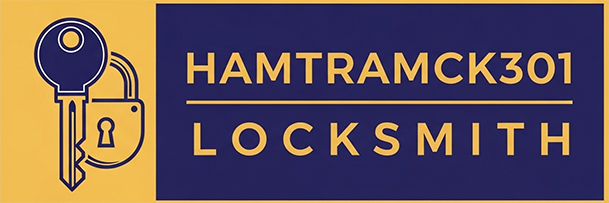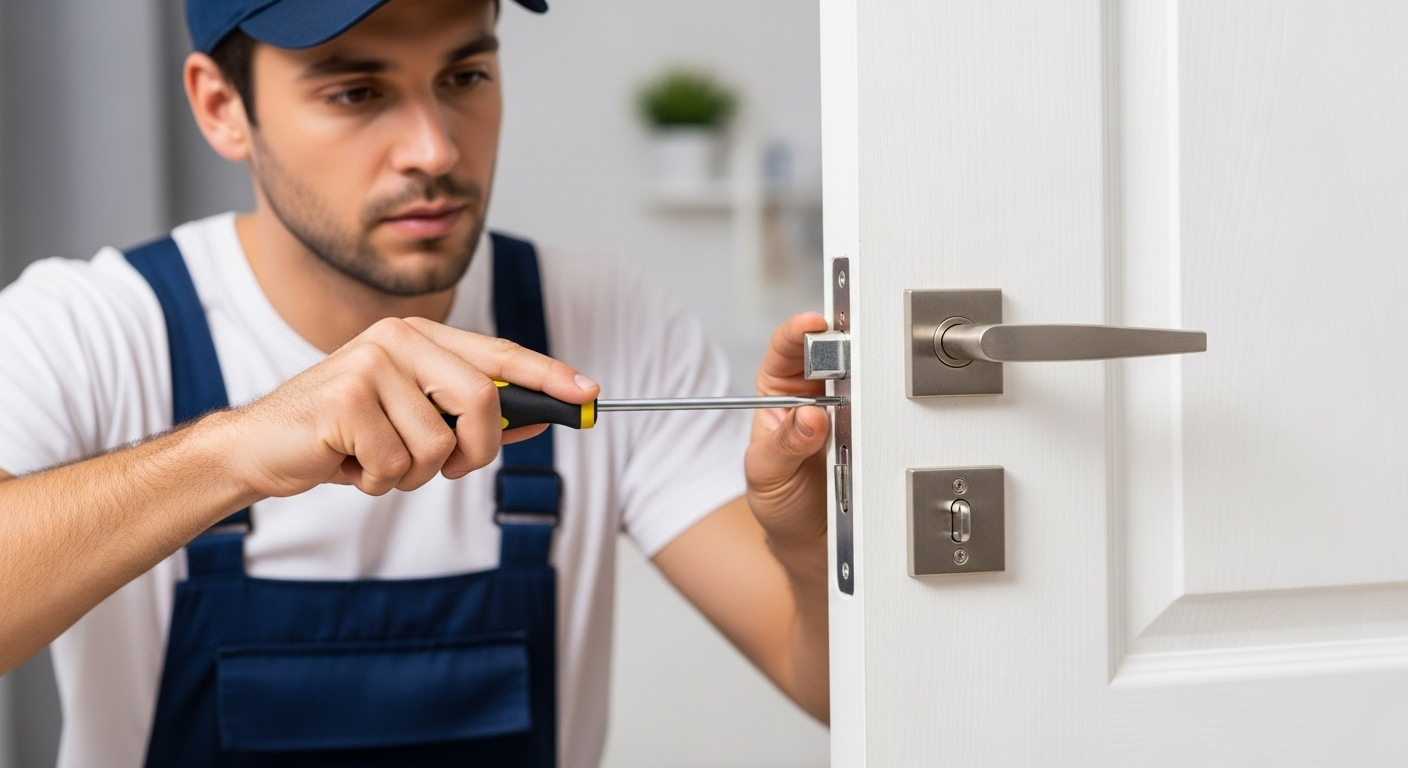In today’s world, protecting your valuable possessions is more important than ever. From important documents to family heirlooms, a home safe offers a reliable and secure way to keep your most prized belongings protected from theft, fire, and other risks. Installing a safe in your home is not only a smart investment in security but also a step toward peace of mind.
A home safe can safeguard items that hold both financial and sentimental value. Whether you live in a high-traffic area, travel frequently, or simply want an extra layer of protection, having a safe ensures that your important possessions are secure even when you are not around.
Many people think of safes as something only for jewelry or cash, but they can store much more. Passports, birth certificates, insurance documents, external hard drives, collectible items, and personal mementos can all be stored safely and accessed when needed.
Why a Home Safe is Essential
The main reason people invest in a home safe is to protect their valuables from theft. However, safes also provide protection from fire, water damage, and even prying eyes. Many modern safes are designed with advanced locking mechanisms, heavy-duty steel construction, and fireproof and waterproof materials. These features help ensure that your belongings remain intact even in extreme situations.
Another benefit is convenience. Unlike a safety deposit box at a bank, a home safe allows you to access your valuables instantly without needing to travel or wait for banking hours. This is especially important for items you may need in an emergency, such as legal documents or cash.
Choosing the Right Safe
Not all safes are the same, and selecting the right one depends on your needs. Consider the following factors before making a purchase:
✔️ Size and Capacity
Think about the items you plan to store now and in the future. Choose a safe with enough space to accommodate your needs without being overly bulky.
✔️ Locking Mechanism
Safes come with key locks, combination dials, or digital keypads. Some even offer biometric access for added security and convenience.
✔️ Fire and Water Resistance
For maximum protection, choose a safe that is rated to withstand high temperatures and water damage for an extended period.
✔️ Construction Material
Heavy-duty steel provides the best protection against break-ins. Look for a safe with thick walls and reinforced doors.
✔️ Portability vs. Installation
Portable safes are easy to move but can be stolen. Wall or floor safes offer greater security when installed properly.
✔️ Budget
Set a budget but avoid compromising on essential features. A quality safe is a long-term investment.
Best Practices for Using Your Home Safe
Simply buying a safe is not enough—you must use it correctly to maximize its benefits. Here are some key tips for effective safe use:
- Place the safe in a discreet location, away from obvious spots like the master bedroom.
- Anchor your safe to the floor or wall to prevent thieves from carrying it away.
- Keep the combination or access code in a separate, secure location.
- Limit access to trusted individuals only.
- Regularly update access codes or change locks if you suspect security is compromised.
- Perform periodic maintenance to ensure the lock and hinges work smoothly.
Common Items to Store in a Home Safe
The right safe can protect a wide variety of items. Here are some common examples:
- Important identification documents like passports, birth certificates, and Social Security cards
- Property deeds, insurance policies, and financial records
- Cash reserves and checkbooks
- Jewelry and watches
- Family heirlooms and sentimental keepsakes
- Backup drives containing important data
- Firearms (in a safe that meets local storage requirements)
Additional Security Measures
While a home safe provides strong protection, combining it with other security measures offers even better results. Installing a monitored security system, adding motion-sensor lighting, and reinforcing entry points all contribute to a safer home. If possible, conceal your safe behind furniture or inside a closet to reduce the chance of it being discovered.
Consider periodic security audits to evaluate whether your safe’s location and features still meet your needs. As your collection of valuables grows, you may need to upgrade to a larger or more advanced model.
A home safe is one of the most effective ways to protect your valuables from theft, damage, and loss. By selecting the right safe, installing it properly, and using it wisely, you can enjoy the peace of mind that comes with knowing your most important belongings are secure.
Whether you are safeguarding family heirlooms, essential documents, or emergency cash, investing in a home safe is a step toward greater security and preparedness. Your valuables deserve the best protection, and a high-quality safe offers just that.

